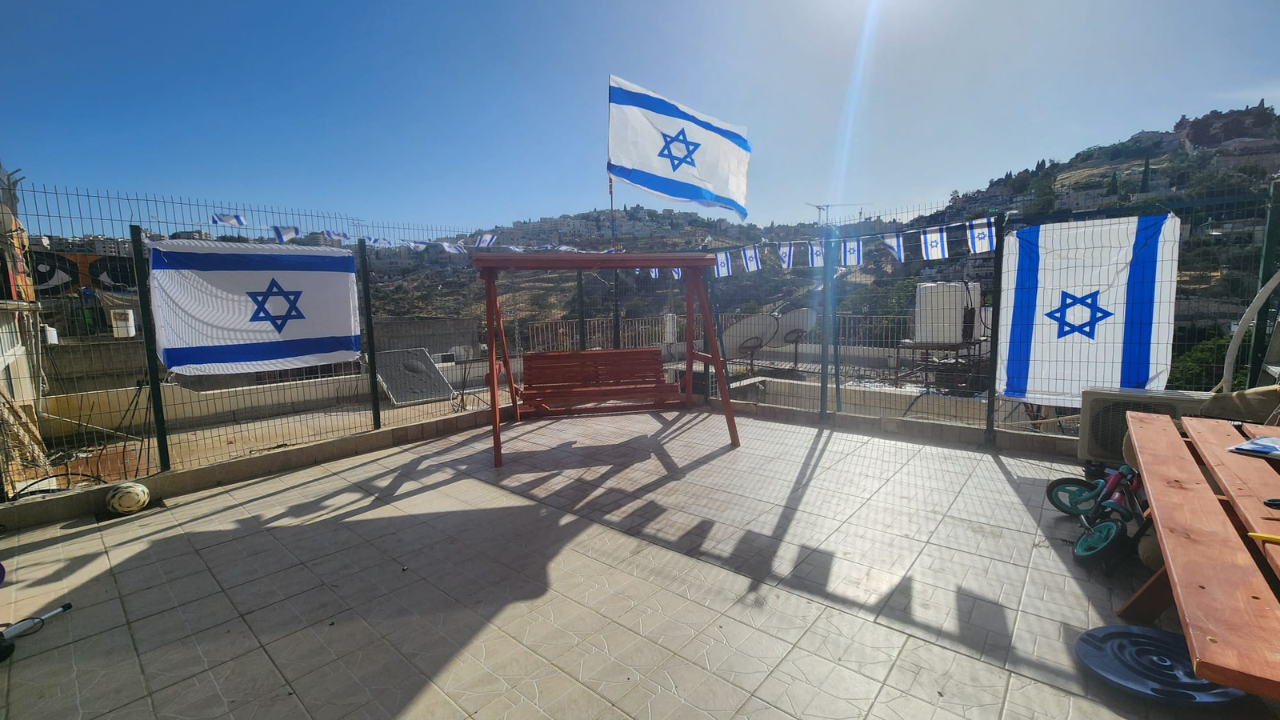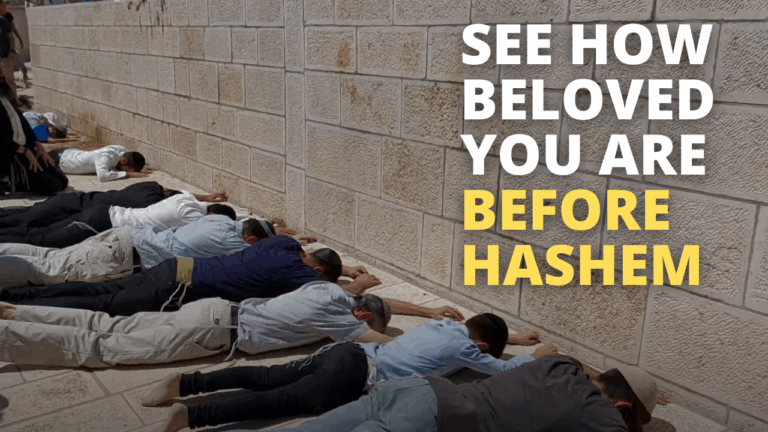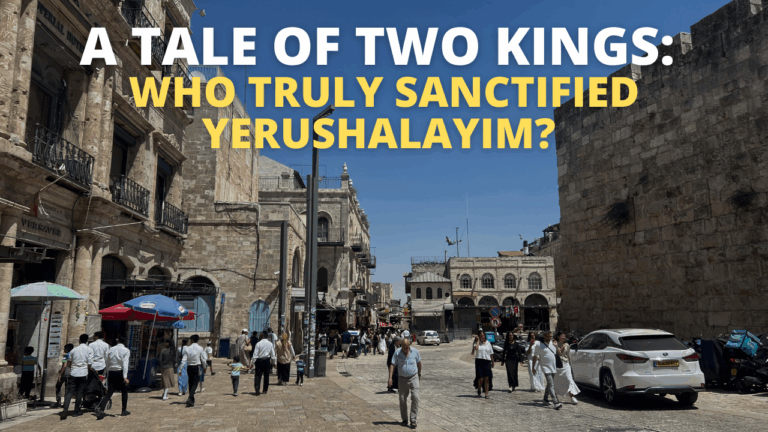Transcendence and Unity: The Paradox of the Kohen Gadol
The Yom Kippur sacrificial service, as delineated in our parsha, highlights the Kohen Gadol’s unique and spiritually transcendent status. On this holy day, the Kohen Gadol alone fulfills the extensive duties of korbanot in the Mikdash. He even enters into the Kodesh HaKadoshim, the Holy of Holies, to intercede on behalf of Klal Yisrael. Only a spiritually superior kohen such as the Kohen Gadol can represent Klal Yisrael on this crucial day.
The Kohen Gadol is expected to remain separate from the nation, acting in a dignified manner that separates him from normal society. He cannot bathe in the public bathhouses, nor relieve himself in public restrooms. Even something as mundane as receiving a haircut in public is discouraged (see Rambam, Klei HaMikdash 5:3). We are obligated to exalt him with honor and prestige, making him “הגדול מאחיו-greater than his brothers” (see Tosefta Sanhedrin 4:1).
In fact, the Kohen Gadol is supposed to be exceptionally wealthy. If he is poor upon assuming the role of Kohen Gadol, his fellow kohanim are obligated to generously bestow him with riches until his wealth surpasses their own. But that isn’t all. Chazal inform us that this kohen should also ideally be more wise, beautiful, and powerful than all of his brethren (Yoma 18a).
The Kohen Gadol’s unique spiritual capabilities, coupled with the Torah’s insistence that he be elevated above society, would have us think that he is a spiritually aloof individual. How can someone with such lofty holiness understand the frailties of the human condition, the pain and struggle of mundane existence?
And yet, Hillel HaZaken in Avot (1:12)tells us that it was specifically Aharon HaKohen who was most adept at connecting with the common folk and facilitating peace amongst them. He loved his fellow man and vigorously pursued shalom, thereby causing a great sanctification of Hashem’s name.
Is it a coincidence that the most dignified and exalted member of Klal Yisrael would also be the one most capable of facilitating achdut? As the Maharal MiPrague constantly emphasizes, there is no such thing as coincidence. The Maharal (Derech Chaim 1:12) explains that this mortal world is particularly prone to conflict, where unified units break apart into smaller factions. This is why the first family in history is marred by heartrending conflict; Kayin and Hevel’s story reflects the natural tendency of this physical world towards brokenness and separation.
But the holy city of Jerusalem, when utilized properly, can reverse the process of estrangement and destruction. It is the city שחוברה לה יחדיו, that unites together the various tribes of Israel into a seamless



